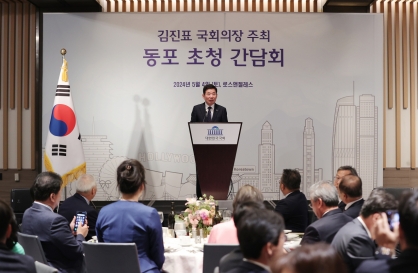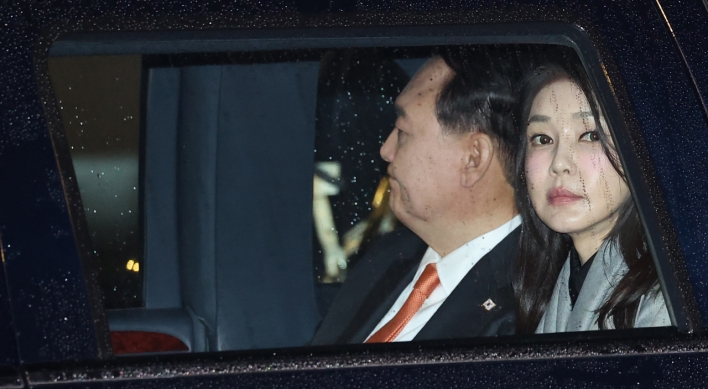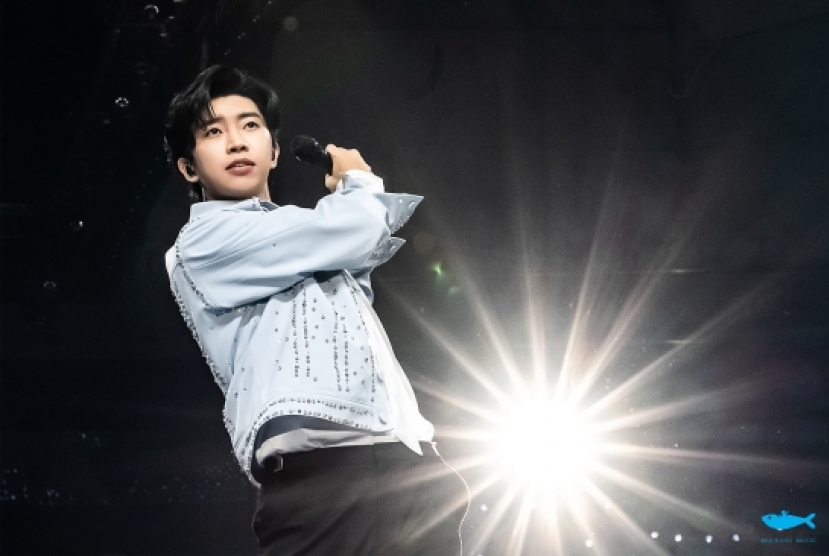When Kim Hyung-wan left the National Human Rights Commission in protest in 2010, it cost him financially and in terms of status. But despite being only four months away from 20 years of service and a corresponding lifetime pension at the time of his resignation, he doesn’t regret his decision.
Kim’s departure was largely in opposition to the leadership of Hyun Byung-chul, whose appointment by President Lee Myung-bak in 2009 met with fierce criticism from within the commission and from most of the country’s human rights groups.
The former president of Hanyang Cyber University had no experience in the field of human rights and often came under fire for remarks perceived as discriminatory.
He was recently reappointed to the post and faced the parliamentary confirmation hearing on Monday.
Liberal parties and civic groups staged protests, while Amnesty International Korea expressed its concern over the controversial chief.
“Chief Hyun poses a threat to the independence and impartiality of the rights commission by saying that the organization is part of the government,” the agency said in a statement.
It also demanded the government to run the commission transparently, without political motivation.
The main opposition Democratic United Party on Sunday also accused Hyun of abusing public funds, receiving favors and committing irregularities over his son’s military draft.
The NHRC head office has so far refrained from commenting on the issue.
“As an individual person, Hyun is an easygoing, open-minded, average 68-year-old man,” said Kim, who is currently the director of the privately-run Korea Human Rights Policy Institute.
“Most learned people would not easily admit their ignorance but he described himself as a human rights novice and earnestly asked for help.”
However, the virtues of a NHRC chief should include professional knowledge and experience, as well as a strong will to promote human rights and realize justice, he added.
Kim’s departure was largely in opposition to the leadership of Hyun Byung-chul, whose appointment by President Lee Myung-bak in 2009 met with fierce criticism from within the commission and from most of the country’s human rights groups.
The former president of Hanyang Cyber University had no experience in the field of human rights and often came under fire for remarks perceived as discriminatory.
He was recently reappointed to the post and faced the parliamentary confirmation hearing on Monday.
Liberal parties and civic groups staged protests, while Amnesty International Korea expressed its concern over the controversial chief.
“Chief Hyun poses a threat to the independence and impartiality of the rights commission by saying that the organization is part of the government,” the agency said in a statement.
It also demanded the government to run the commission transparently, without political motivation.
The main opposition Democratic United Party on Sunday also accused Hyun of abusing public funds, receiving favors and committing irregularities over his son’s military draft.
The NHRC head office has so far refrained from commenting on the issue.
“As an individual person, Hyun is an easygoing, open-minded, average 68-year-old man,” said Kim, who is currently the director of the privately-run Korea Human Rights Policy Institute.
“Most learned people would not easily admit their ignorance but he described himself as a human rights novice and earnestly asked for help.”
However, the virtues of a NHRC chief should include professional knowledge and experience, as well as a strong will to promote human rights and realize justice, he added.

“I once believed that with sufficient support from human rights experts, Hyun might raise his voice against basic rights violations, but this turned out to be a delusion,” said Kim, who was a key NHRC official until September 2010.
Kim claimed that Hyun had not once stepped out and spoken for people’s rights during his time in office, especially in serious cases, such as the fire that killed six people in a police crackdown in Yongsan in 2009.
“He informally instructed NHRC officials to refrain from commenting on issues which are socially or politically sensitive,” Kim said.
Hyun’s pretext was that the commission should focus more on people’s daily lives and stay away from partisan disputes, he explained.
“However, the violation of basic rights inevitably leads to social disputes,” the activist said.
“Hyun effectively ordered the NHRC to ignore all crucial issues and major human rights problems.”
The chief was also deaf to all internal protests, Kim added.
“There was little I could do in the organization as most of my reports were put on hold or rejected,” he said.
“I could have chosen to look away from the problem and waited for my pension, but the idea simply came against my conscience as a human rights professional and my lifelong beliefs.”
The official thus decided to break new ground by establishing the KHRPI, the first-ever civil organization to specialize in human rights policy, last April.
His institute is currently working on publishing a series of essays and interviews, looking back on the past 10-year history of the NHRC.
“The commission was the government’s first attempt to actively involve civic experts in a state-run watchdog,” Kim explained.
“Only by correcting its faults and errors may we expect to introduce further cases of private and public joint projects.”
The director sees the Lee Myung-bak administration as responsible for attempting to discourage such supervisory organs.
“It is the ultimate goal of the Lee administration to run down the NHRC and eliminate it,” Kim claimed.
He also warned human rights activists to take the possibility of its demise seriously.
“A recommendatory organ such as the NHRC heavily relies on the public’s trust,” he said.
“When the people no longer respect its statements, the commission may then as well cease to exist.”
Also, the present system in which NHRC chiefs are chosen by presidential appointment should be revised in order to promote the watchdog’s political neutrality, he added.
“Regardless of how the government and political circles feel about the NHRC, a state-run human rights organization is a crucial factor in our society,” he said.
“People should be able to see beyond the commission’s ongoing leadership feuds and see straight into the Lee administration’s attempt to oppress a voice which represents their basic rights.”
By Bae Hyun-jung (tellme@heraldcorp.com)
-
Articles by Korea Herald



![[AtoZ Korean Mind] Does your job define who you are? Should it?](http://res.heraldm.com/phpwas/restmb_idxmake.php?idx=644&simg=/content/image/2024/05/06/20240506050099_0.jpg&u=)















